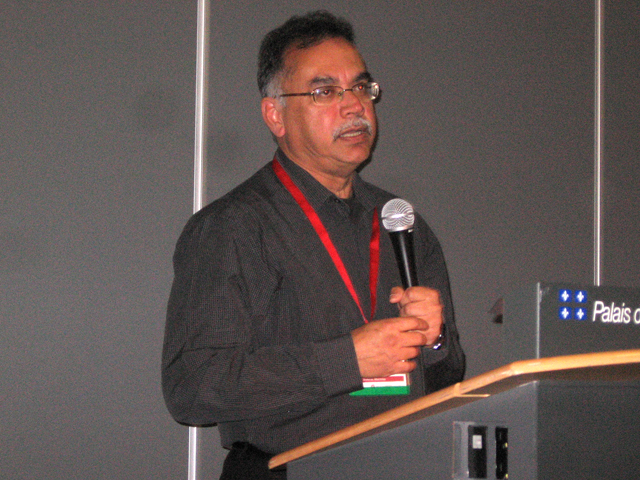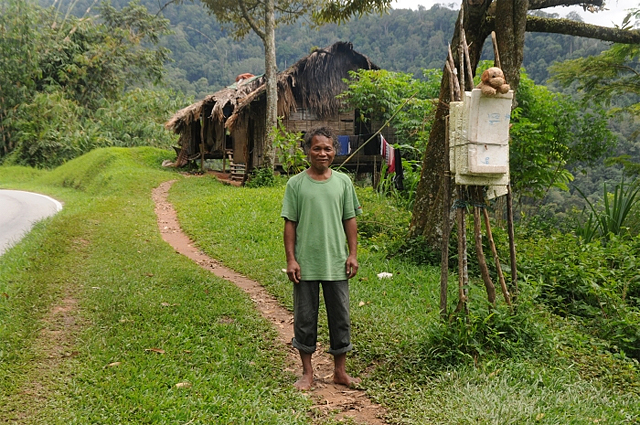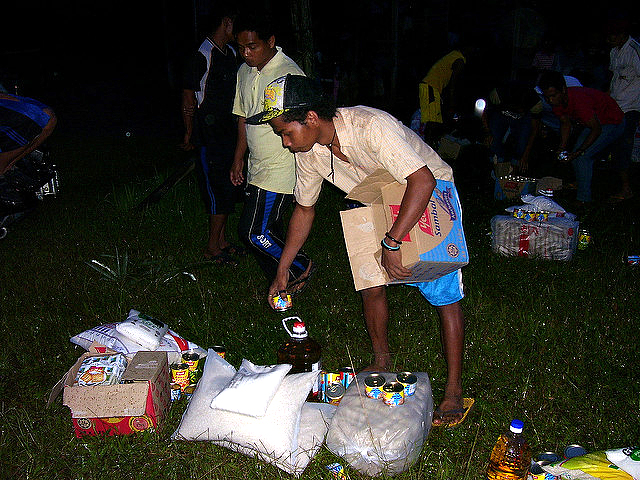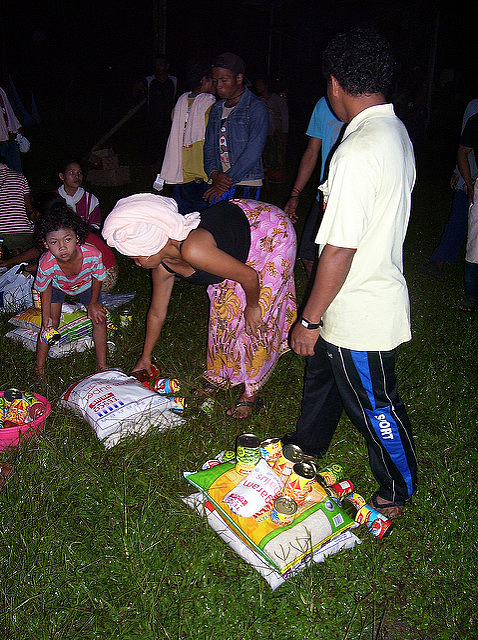An anthropologist who has studied the Orang Asli for 40 years advises Malaysians to expose themselves more effectively to their lifestyles and cultures in order to better understand them. Professor Alberto Gomes argues that societies such as the Semai, Batek, and Chewong are not respected as they should be by the broader population of Malaysians—the indigenous people are widely considered to be primitive. Urban children need to learn about the Orang Asli (Original People) so such misconceptions can be corrected.

Dr. Gomes, who is an emeritus professor at La Trobe University in Australia, gave a presentation recently in Petaling Jaya, a satellite city of Kuala Lumpur. He urged in his talk at the Sunway University in the city, and in a subsequent interview with a news reporter, that it was important to eradicate the stigma that many Malaysians hold about the Orang Asli. “There are a lot of Orang Asli lawyers and doctors, but the moment they say that they are Orang Asli they are considered inferior,” he said.
He maintained in his presentation that Malaysians should be inspired by the concepts and values that are cherished by the Orang Asli. As Director of the Dialogue, Empathic Engagement, and Peacebuilding group, the DEEP Network, a world-wide peace organization, Prof. Gomes singled out Orang Asli concepts of giving, empathy for others, and a sense of community as particularly important.

But they do suffer a lot of discrimination. The Orang Asli living in the Tapah area near the Cameron Highlands, for instance, have told him how the medical staff at area hospitals discriminate against them.
Modern urban people could learn a lot from the Orang Asli, whom he described as having peace-loving societies with a profound respect for the environment. They accept the idea that they are an integral part of nature—destroying it means harming themselves. Furthermore, they “treat others with respect. If one were to go to their village, they will include the person as one of them. It is truly an inclusive society,” he maintained.

Unfortunately, they have their share of social problems today, such as drug abuse and alcoholism, particularly among their youth. Many young Orang Asli have become ashamed of their native cultures and are increasingly alienated from them, stigmatized as they are by the Malaysians. The majority laugh at them and consider them to be inferior. Orang Asli youths have become lost: many don’t want to be part of their own cultures but they are not accepted by Malaysians either.
Another problem the Orang Asli face is that their views of land ownership differ from those of the majority. They cherish their historical and spiritual connections to their lands so that if and when the Malays take their traditional lands away from them, they lose their identities, which affects their mental and social well-being.

Prof. Gomes bases his conclusions on his fieldwork with them dating back to the 1980s. If the Orang Asli purchase a fish, he said, they will buy five, one for personal consumption and the other four to share with their neighbors. “It is the sense of giving that cements their community,” he concluded.